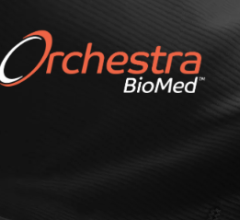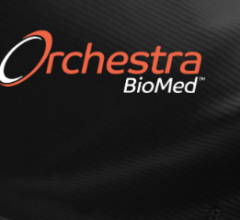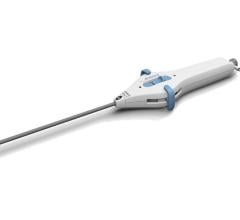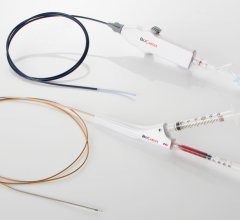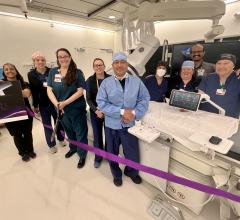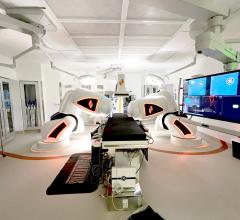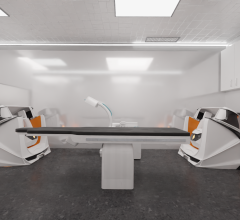
April 27, 2015 — Biotronik announced that the U.S. Food and Drug Administration (FDA) has approved its DX line of implantable cardioverter defibrillators (ICDs) that can deliver ultra-high energy on the first shock. Also included in the approval response from the FDA is the latest generation of defibrillator devices for patients with complex heart rhythm conditions.
Two additional variations of this hybrid defibrillator are now available to U.S. patients. They are:
- Inventra DX – an ICD system that can deliver ultra-high energy on the first shock offering better protection to patients that depend on this life-saving therapy; and
- Itrevia DX – a less invasive therapy with an algorithm that can identify successful pain-free therapies for each patient and dynamically re-apply them as needed. The complete Itrevia family - including Itrevia VR-T, Itrevia DR-T, and Itrevia HF-T – were approved together.
"Most physicians already understand the benefit of having an ICD that can deliver dual-chamber diagnostics with a single lead,” said James E. Stone, Jr., M.D., of Cardiology Associates of North Mississippi in Tupelo.
“DX systems use single coil leads, and these leads are definitely my preference because evidence shows lower long-term complication rates,” said Stone. “In rare cases, patients will present with high defibrillation thresholds that require maximum energy. Biotronik’s Inventra DX will be a good alternative for these patients."
The DX System provides dual-chamber diagnostic capabilities with a single lead, which reduces risks associated with additional hardware for patients while providing valuable clinical information to the physician. The system utilizes the Linoxsmart S DX lead with floating dipole, based on proven technology, with a state-of-the-art ICD DX device – which has sophisticated atrial signal processing capabilities to provide dependable and consistent atrial signal to detect silent atrial fibrillation. SMART Detection algorithm and MorphMatch can discriminate atrial tachyarrythmias to help reduce the risk of inappropriate shocks.
For more information: www.biotronikusa.com


 January 29, 2026
January 29, 2026 
